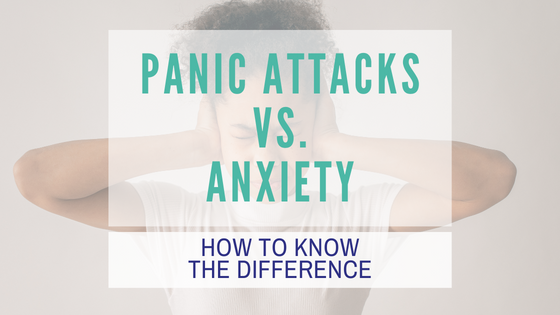Boundaries are the invisible lines we draw around ourselves to define our limits, protect our mental health and our emotional and physical well-being, and maintain a sense of autonomy. Establishing boundaries is an act of self-respect, asserting your needs and values in relationships and situations. Maintaining a sense of balance can be challenging, especially when it comes to establishing and maintaining boundaries. As a therapist, I understand the crucial role that boundaries play in our mental health and emotional well-being. In this first blog post in my boundary blog series, we'll explore how you can implement boundaries in your own life.
7 Tips for Implementing Boundaries from a Mental Health Therapist
1. Self reflect
One of the first steps when thinking about implementing boundaries is to begin by reflecting on your values, needs, and personal boundaries. What behaviors or situations leave you feeling drained or uncomfortable? Identify areas in your life where boundaries are needed.
2. Clarify your limits
Define your boundaries clearly and specifically. Be honest with yourself about what you're comfortable with and what crosses the line, whether it's time, energy, physical space, or emotional intimacy.
3. Communicate assertively
Practice assertive communication when expressing your boundaries to others. Use "I" statements to assert your needs without blaming or accusing. Be direct yet respectful in your interactions when setting boundaries.
4. Set realistic expectations
Be realistic about what you can and cannot control. Understand that not everyone will respect your boundaries, and that's okay. Focus on asserting your limits and prioritizing your well-being, regardless of others' reactions.
5. Learn to say “no”
Saying no is a powerful act of self-care and boundary-setting. Practice saying no to requests or obligations that conflict with your boundaries. This might feel a bit uncomfortable at first. However, it is essential when working towards maintaining boundaries and prioritizing your well-being.
6. Seek support
Surround yourself with supportive individuals who respect and encourage your boundaries. Seek guidance from friends, family, or a therapist who can offer validation, insight, and encouragement as you navigate the boundary-setting process.
7. Practice self-compassion
Be gentle and kind with yourself as you begin to establish and enforce boundaries. It's normal to feel anxious or guilty when you are beginning to set boundaries. However, remember that prioritizing your well-being is not selfish — it's essential for your overall health and happiness.
By recognizing and respecting our own boundaries, we honor ourselves and create space for growth, authenticity, and fulfillment in our lives. Understanding boundaries and how to implement them is the first step towards cultivating healthier, more balanced relationships with ourselves and others. So, take a moment to reflect on your own boundaries, and remember, it's okay to set limits that prioritize your mental health and well-being.








































































